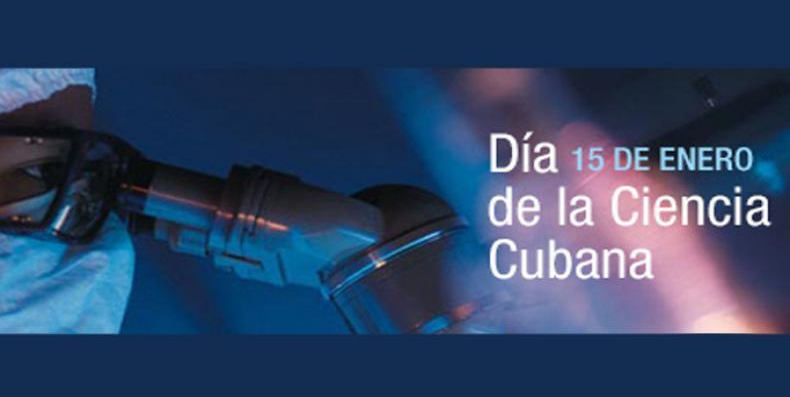
We arrive at Cuban Science Day with remarkable results of the scientific community in the last twelve months.
By María Josefina Arce
Tomorrow is the day in which we pay well-deserved tribute to men and women who are an example of sacrifice and put their vast knowledge for the welfare of society. We arrive at Cuban Science Day with remarkable results of the scientific community in the last twelve months.
Along with a follow-up of the efficacy of the Abdala and Soberana vaccines, used in the immunization of the population and which allowed the control of COVID 19 in the country, our researchers also continued to develop studies of other drugs of great impact on health.
That is the case of the innovative NeuroEpo, a drug resulting from the efforts of the Molecular Immunology Center, in collaboration with the Center for Drug Research and Development and other BioCubaFarma institutions.
In 2022, a clinical trial with the drug for patients with mild or moderate Alzheimer's disease concluded with favorable results in terms of safety and efficacy.
This is a disease that affects more than 55 million people in the world. For Cuba, where more than 20% of the population is over 60 years of age, precisely the age group with the highest risk of suffering Alzheimer's disease, the care of these patients is also a challenge.
This year, two new Phase III clinical trials are expected to begin, which will cover the entire Cuban territory and which, according to specialists, should reaffirm the benefits observed so far with NeuroEpo.
The achievements of the recently concluded year also extend to the technological area. Thus, we have the Infantix, a device for the detection of visual and autistic disorders in newborns, designed by the Neurosciences Center.
In statements to Granma newspaper, Rolando Pérez Rodríguez, PhD in Sciences, director of Science and Innovation of BioCubaFarma, said that its objective is to detect these problems before one month of birth, diagnose them within 90 days and start treating them after six months of age. This is so that, in the long run, infants can reach a neurodevelopment similar to those who do not have these conditions.
Another encouraging news is a tomograph that will make it possible to monitor ventilatory distribution and lung dynamics.
The achievements of Cuban scientists in the recently concluded year also extend to the agricultural field. The first transgenic bean plants were obtained in our country and the first experimental evidence was obtained of a new bioproduct for the control of nematodes, microscopic invertebrate animals that lead to weak plants with little growth.
We proudly celebrate Cuban Science Day every January 15, in recognition of those men and women who do not believe in the limitations imposed by the U.S. blockade and have bet on the welfare and development of the country.

